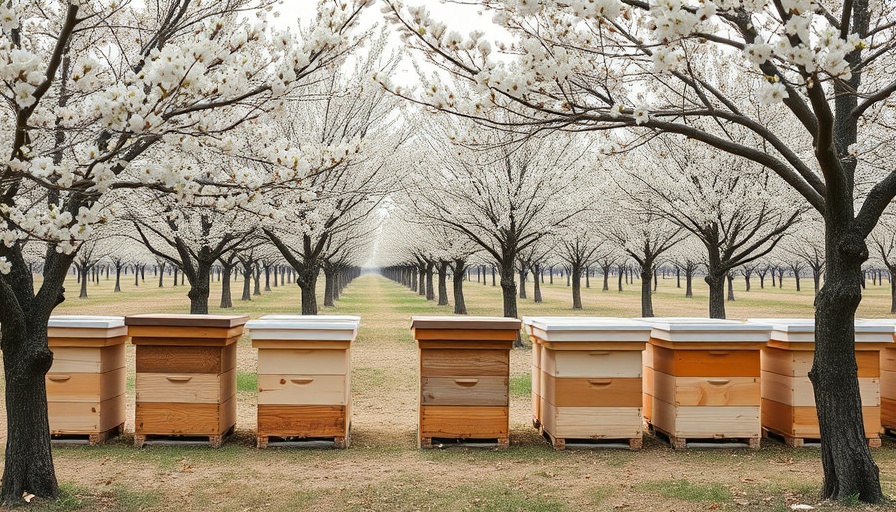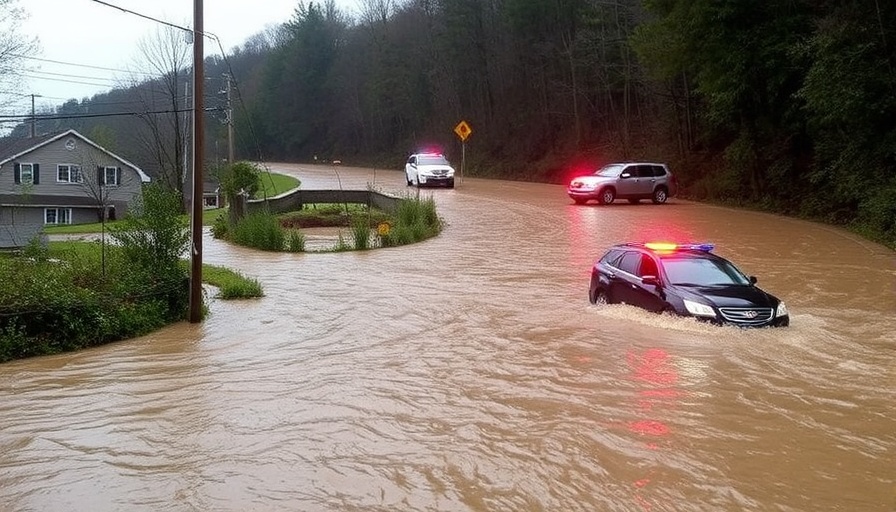
The Growing Honeybee Crisis in America
Recent reports indicate an alarming surge in honeybee deaths across the United States, with estimates showing an average loss of 62% of colonies over the past winter. This troubling statistic, collected by nonprofit organization Project Apis m., highlights the growing challenges faced by beekeepers who are essential to our food supply. About 1.84 million colonies are monitored according to this survey, accentuating the scale of the issue.
Economic Impacts of Bee Losses
The financial ramifications are staggering, with beekeepers reporting direct losses amounting to $224.8 million just from lost colonies. These figures underscore the interconnected nature of agriculture and pollination services. Disruptions in bee populations could lead not only to food shortages but also to severe financial distress in agricultural communities.
What’s Causing the Decline?
Experts are observing a range of factors contributing to this decline. Factors include climate change, urban sprawl, and reduced forage availability, which are resulting in a perilous environment for bees. For beekeepers, the high costs associated with feeding and maintaining colonies amidst these conditions add to the already significant financial strain. With a decline in forage, beekeepers are forced to rely on costly supplemental feeds, further cutting into their profits.
Repercussions Beyond Beekeeping
The implications of rising bee mortality extend beyond just the beekeeping industry. The effects on crop pollination could ripple through the food supply chain. As noted by experts such as Scott McArt from Cornell University, areas already see reduced pollination in crops like almonds, which could forecast broader implications for fruit and vegetable production.
How You Can Help
As consumers and community members, we can support local beekeepers through conscious shopping choices and advocating for policies that protect pollinators. Creating a bee-friendly environment in our own gardens—by planting wildflowers and avoiding pesticides—can contribute significantly to enhancing their habitats.
The fate of the honeybee is not just about agriculture; it's a reflection of the health of our ecosystems and our food systems. By acting now, we can help make a difference and potentially reverse this troubling trend. Join the effort to support sustainable practices and the environment!
 Add Row
Add Row  Add
Add 





 Add Row
Add Row  Add
Add 








Write A Comment